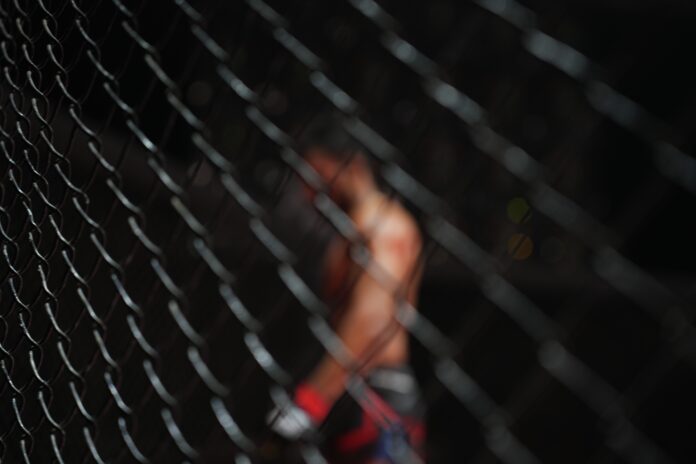Afghanistan’s government has banned Mixed Martial Arts, saying it is incompatible with Islamic law because it is too violent and poses a risk of death.
An official from the IEA’s sports authority, speaking to local broadcaster TOLOnews, confirmed the order from the Ministry for the Propagation of Virtue and the Prevention of Vice.
“It was found that the sport is problematic with respect to Shari’ah and it has many aspects which are contradictory to the teachings of Islam,” the Islamic Emirate’s General Directorate on Physical Education and Sport said in a statement sent to the AFP news agency. “That’s why this decision has been made.”
MMA is a popular sport among young people in Afghanistan, but competitions have effectively been outlawed since 2021 when the authorities introduced legislation prohibiting “face-punching.”
Despite this, in 2022 fighter Ahmad Wali Hotak was able to hold a press conference in the capital Kabul to announce an upcoming fight, which he won in Russia.
On his return to Afghanistan, he was met by government figures who posed for photographs.
Although the IEA has yet to elaborate on the Islamic basis for banning MMA scholars have ruled that striking the face is prohibited based on the Sahih Muslim Hadith on the authority of Abu Huraira when Allah’s Apostle (ﷺ) is reported to have said: “When any one of you fights with his brother, he should avoid his face for Allah created Adam in His image.”
Subscribe to our newsletter and stay updated on the latest news and updates from around the Muslim world!
Other Hadith state that the Awrah must be hidden. Regarding the Awrah of men, narrated by Abu Az-Zinad: “Ibn Jarhad informed me from his father, that the Prophet (ﷺ) passed by him while his thigh was exposed, so the Prophet (ﷺ) said: ‘Cover your thigh, for indeed it is ‘Awrah.” [Jami Al Tirmidhi 2798].
Islam also prohibits causing harm to oneself and others. It was narrated from ‘Ubadah bin Samit that the Messenger of Allah (ﷺ) ruled: “There should be neither harming nor reciprocating harm” (Sunan Ibn Majah, 2340).























